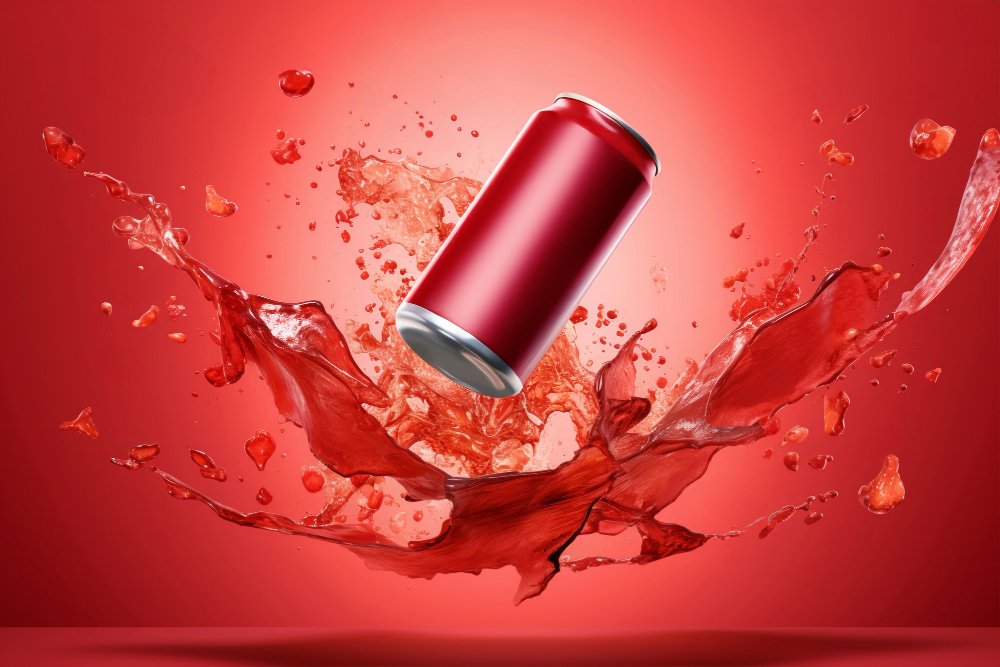Coronavirus is spreading at an alarmingly rapid rate. Although, avoiding contact with coronavirus patients is the key to prevent yourself from getting the disease. This is not working or is too costly to lockdown every town and city. Patients dying of Coronavirus infection may not be scared of the death, but, dying all alone in a hospital away from your family is scary. Since the Coronavirus vaccine may take months or years to be available for community use, the prophylactic use of antimalarial drugs may help in reducing the morbidity and mortality of Coronavirus infection.
Chloroquine for the prevention of Coronavirus infection:
Chloroquine is an antimalarial drug. It interferes with nucleoprotein synthesis, causes a reduction in intracellular PH, and interferes with cellular homeostasis of the viruses and parasites. Variable outcomes have been obtained from its usage in the treatment of individuals with SARS-CoV, MERS-CoV, and filoviruses. It is currently being studied in Coronavirus infection, however, data in this regard is limited. One study found that chloroquine when added to cells infected with coronavirus, significantly reduced viral antigens as detected by an immunofluorescence study [Ref]. Physicians are not confident in prescribing chloroquine in patients with Coronavirus pneumonia. However, it is a very attractive choice of medicine for the prevention of Coronavirus infection.
"An ounce of prevention is worth a pound of cure"
When the coronavirus epidemic first began, I submitted a study proposal for "COVID-19 prevention" for ethical approval at my hospital but I was discouraged by many of my seniors including the Vice-Chancellor and the head of the Ethical Board of our hospital. Here are a few points why I wanted to study chloroquine for preventing COVID-19 infections:
- Few drugs have shown efficacy in the treatment of Coronavirus infection. These include Remdesivir, Favipiravir, Chloroquine, Hydroxychloroquine, Interferon, and Tocilizumab. Chloroquine is one of the drugs with efficacy against COVID-19.
- Among all the above-mentioned drugs, chloroquine is the cheapest and freely available.
- It has a relatively long half-life of 3 - 5 days and can be safely administered as once-weekly medicine.
- It is found in all body tissues, including the lungs, kidneys, liver, leukocytes, eyes, heart, and kidneys.
- It is a time-tested drug and has got few adverse effects.
Before talking about the efficacy of antimalarials in preventing COVID-19, let's discuss Hydroxychloroquine first.
Hydroxychloroquine for the prevention of COVID-19 infection:
Another antimalarial medication is hydroxychloroquine. Patients with autoimmune rheumatic disorders such systemic lupus erythematosus, rheumatoid arthritis, and skin issues can also utilise it. A recent French study evaluated hydroxychloroquine in combination with azithromycin for the treatment of COVID-19 infections and found the combo to be significantly effective. Hydroxychloroquine is also thought to be superior to chloroquine, however, the Massachusetts General Hospital, in their guidelines mentioned that the two drugs are equally effective. However, Hydroxychloroquine is available in most countries, while chloroquine is mostly available in developing countries. Hydroxychloroquine was found to accumulate in lung tissues at twenty times the concentration required to inhibit its entry when administered at a dose of 800 mg. Because of its longer half-life (40 days), it is a very suitable option in the prevention of Coronavirus at lower doses (400 mg or even 200 mg single dose) administered once every four to six weeks.
Are antimalarials effective in preventing Coronavirus infection?
Data in this regard is limited. Most experts think both chloroquine and hydroxychloroquine have similar efficacy in reducing the morbidity associated with COVID-19 infection. The use of antimalarials might not prevent us from getting the disease, but, since antimalarial drugs are present in high concentrations in the lungs, Chloroquine, and hydroxychloroquine may prevent us from COVID-19 associated lung damage. Thus, the use of antimalarials will make it an upper respiratory infection reducing a significant number of patients requiring oxygen support and intensive care. This may also indirectly prevent us from the cytokine storm associated with the infection that manifests as cytopenias and hypotension.
With antimalarials, you may breathe in Corona but hopefully, you shall sneeze it out!
Lastly, some physicians oppose its use for COVID-prophylaxis. I would add here that a drug that can be used to treat can be used to prevent or at least reduce the morbidity of the disease. This is like using benzathine penicillin for rheumatic heart disease, isoniazid for latent tuberculosis, or prophylactic antibiotics in immunocompromised patients.
If there is no evidence that supports its use for the prophylaxis of COVID-pneumonia, there is no evidence for treating it either!! Why is it being used for COVID-pneumonia then?
But, the decision should be made by expert physicians to recommend or avoid its use. I have seen some physicians asking to avoid its use for prophylaxis while they were searching for hydroxychloroquine for themselves in the market when the drug was no more available. Specific population groups should avoid it. See Who should not use it for prophylaxis.
-
Let's hope for the vaccine too.
-
Let's pray for all the affected patients ...




